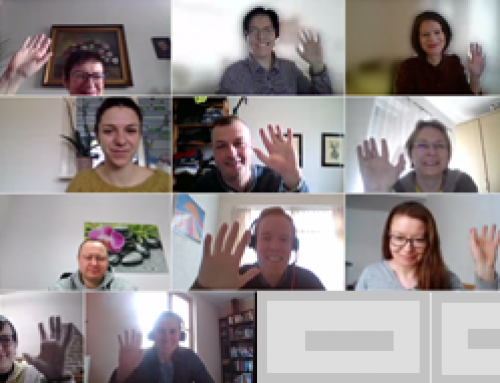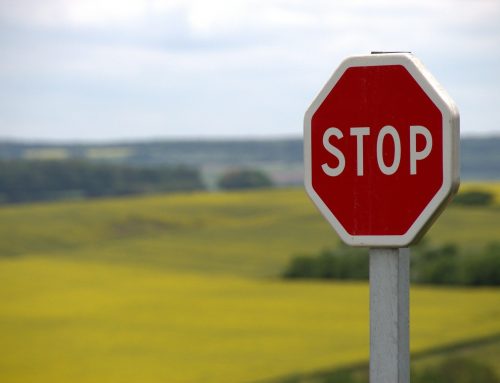Summary report of the POWER4BIO cross-visits
Deliverable D6.1 is available for download
In pursuit for transformative development and advanced progress towards an “Organic Europe“ established on a strongly biomass based economy, the POWER4BIO consortium initiated cross-country fact finding on the current situation of biomass across regions In line with the project’s goals, the regions developed its operational framework for the cross-visits under the supervision of the consortium with the aim of reaching out to a wide range of stakeholders for ease smooth bioeconomy adoption and transition across Europe. To expand the societal reach on the benefits and future potentials behind a bio-based economy, the consortium adopted the highly successful methodology used by the H2020 project ‘Agri-spin’ to mutually monitor regional progress and knowledge exchange. This was achieved by organizing 10 cross-visits in 10 regions which brought together different multi-actor groups (policy makers, practitioners, and academics) across each of the region. 1 897 stakeholders were reached (it is equal 847 participants in total) during the different module of 10 cross-visits organized within the POWER4BIO Project.
The cross-visits were organized with the theme of identifying and categorizing the current best practices, the relevant innovations, technologies and knowledges, and the nature of the multi-actor networks existing across the region and how they can spur the local region to capitalize on biomass and sidestream resources available. To realize the objectives, the cross-visits deliberations were organised based on 8 modules cutting across through the regional availability and use of resources, the infrastructural and industrial factors, Research and innovation, bioeconomy funding possibilities, Market/Economic aspects, transition towards bioeconomy, Public and institutional support/Governance/Policy framework, and the Social and environmental aspects. Due to the Covid-19 Pandemic disruption and limitation of cross border travelling, only 40% of the meetings were organised physically whereas the remaining 60% was organised virtually. The methodology, adapted to the challenges out of compulsion, worked well all in all. The results of the project reached a wider audience due to the exploitation of online opportunities. According to the feedbacks of participants, both personal and online cross-visits were successful, meaningful, and interesting and easy to follow. Cross-visits organized as a stand-alone event provided, however, more results than those integrated into a larger event or organized as a side event.
As intensive, multilateral cross-fertilisation and an experience exchange between the different participant regions are key success factors for the development and future implementation of their bioeconomy strategies, all regions contributed with great enthusiasm to this process, even those without established bioeconomy strategies and bioeconomy-based industries. In line with the results of the deliverable on D2.2 key performance indicators to evaluate regional bioeconomies, the status of the bioeconomies in the 10 POWER4BIO regions were assessed by means of a SWOT-analysis in order to help the work of the regions in developing their regional bioeconomy strategies. The results of the SWOT-analysis were used in the deliverable on D5.3 the summaries of 5 new regional bioeconomy strategies to survey the regional biomass-based economy. Furthermore, the results obtained during the cross-visits provided the basis for the preparation of the D6.2 report with the most promising paths and areas of cooperation for regions, which aimed to encourage the cross-border cooperation between Central and Eastern European regions.
In general, based on the outcomes of the cross-visits, all the regions reported that there is a strong resource base for bioeconomy coupled with increasing advancement in technological development which strengthens the existence of a Biobased economy. Although there is strong resource base and future potential markets, it was discovered that the policy coherence on the implementation of the bioeconomy strategies needs to be strengthened including the coherence with the EU Green. Future prospects on Bioeconomy potential can be banked on the fast-growing trend of environmentally aware society to promote clean and sustainable development. This path calls for in-creased diversification and solidification of the multi-actor approach and increasing knowledge sharing on the importance of Bioeconomy.





